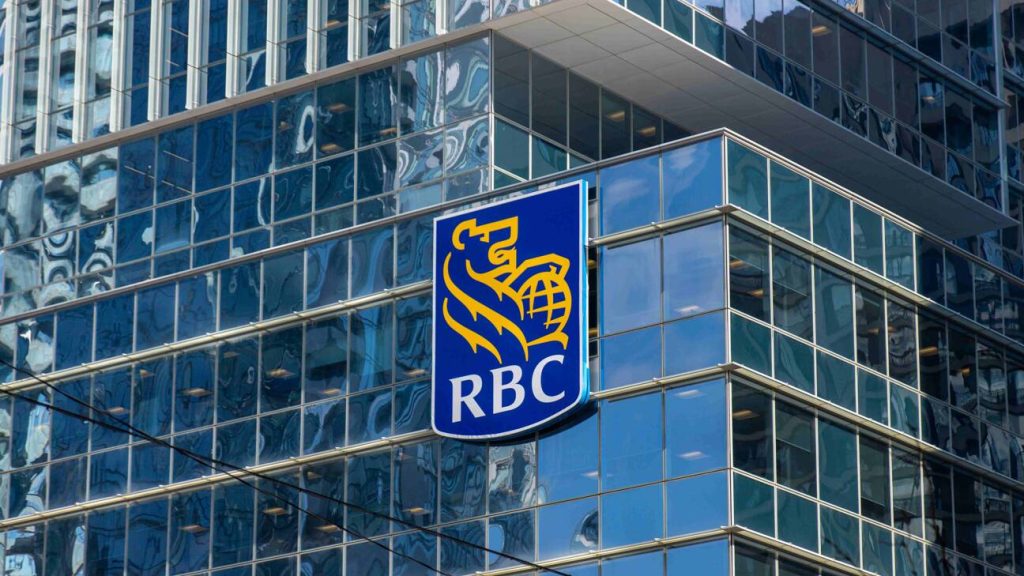
The Royal Bank of Canada (RBC) has announced the abandonment of its ambitious sustainable finance goal to facilitate C$500 billion (approximately $361 billion USD) in sustainable financing by 2025.
This decision follows recent amendments to Canada’s Competition Act, which now require companies to substantiate environmental claims, limiting RBC’s ability to disclose certain sustainability metrics. The bank stated that revisions to its reporting methodology revealed inaccuracies in how it had previously measured its sustainable finance activities. Consequently, RBC has introduced a refreshed, action-oriented climate strategy but acknowledged it can no longer publicly report several key indicators, including the energy supply ratio comparing low-carbon to fossil fuel project financing, although it will continue tracking this metric internally .
RBC’s move to abandon its sustainable finance goal is part of a broader trend among major Canadian banks. The bank has also exited the UN-backed Net-Zero Banking Alliance, a global initiative aimed at aligning the banking sector with net-zero emissions by 2050. This departure follows similar actions by other Canadian banks, including TD Bank, Bank of Montreal, National Bank of Canada, and Canadian Imperial Bank of Commerce. These institutions have expressed confidence in their ability to address climate strategies independently, citing the need for flexibility in implementing climate-related policies .
Environmental and Indigenous groups have criticized RBC’s decision, arguing that it reflects a lack of commitment to meaningful climate action. Greenpeace Canada labeled RBC’s 2030 climate targets as a “sham,” asserting that the bank’s plans fall short of both government and science-aligned targets. The organization also highlighted RBC’s continued financing of fossil fuel projects, such as the Coastal GasLink pipeline, which have been opposed by Indigenous communities due to concerns over environmental degradation and violations of Indigenous rights .
The International Institute for Environment and Finance (IEEFA) has also scrutinized RBC’s climate policy, noting that the bank’s targets are inadequate and its policies and practices are not aligned with its climate goals. The IEEFA pointed out that RBC lacks a robust plan to reduce investment in fossil fuel projects and has effectively exempted its asset management arms from policies to reduce financial commitments to fossil fuels. The organization has forwarded its findings to the Competition Bureau in Canada to aid in the ongoing inquiry .(
In response to these criticisms, RBC maintains that it remains committed to sustainable finance and to reporting on its climate activities in a clear and transparent manner, in compliance with applicable laws. The bank emphasized that its decision to revise its climate strategy reflects a commitment to refining its approach in a shifting external policy, legal, and regulatory environment .
This development has raised concerns among climate advocates who fear that banks may be using regulatory changes as a pretext to dilute commitments to decarbonization. Activists argue that financial institutions should play a pivotal role in financing the transition to a low-carbon economy and that retreating from climate commitments undermines global efforts to combat climate change. They call on policymakers to implement stronger regulations to hold financial institutions accountable for their environmental
As of now, RBC’s stock price stands at $120.36 USD, reflecting a modest increase of 0.00166% from the previous close. The bank’s decision to abandon its sustainable finance goal and exit the Net-Zero Banking Alliance may have implications for its reputation among environmentally-conscious investors and stakeholders. The market’s response to these developments will likely unfold in the coming weeks as investors assess the long-term impact on RBC’s business and its alignment with global sustainability trends.






